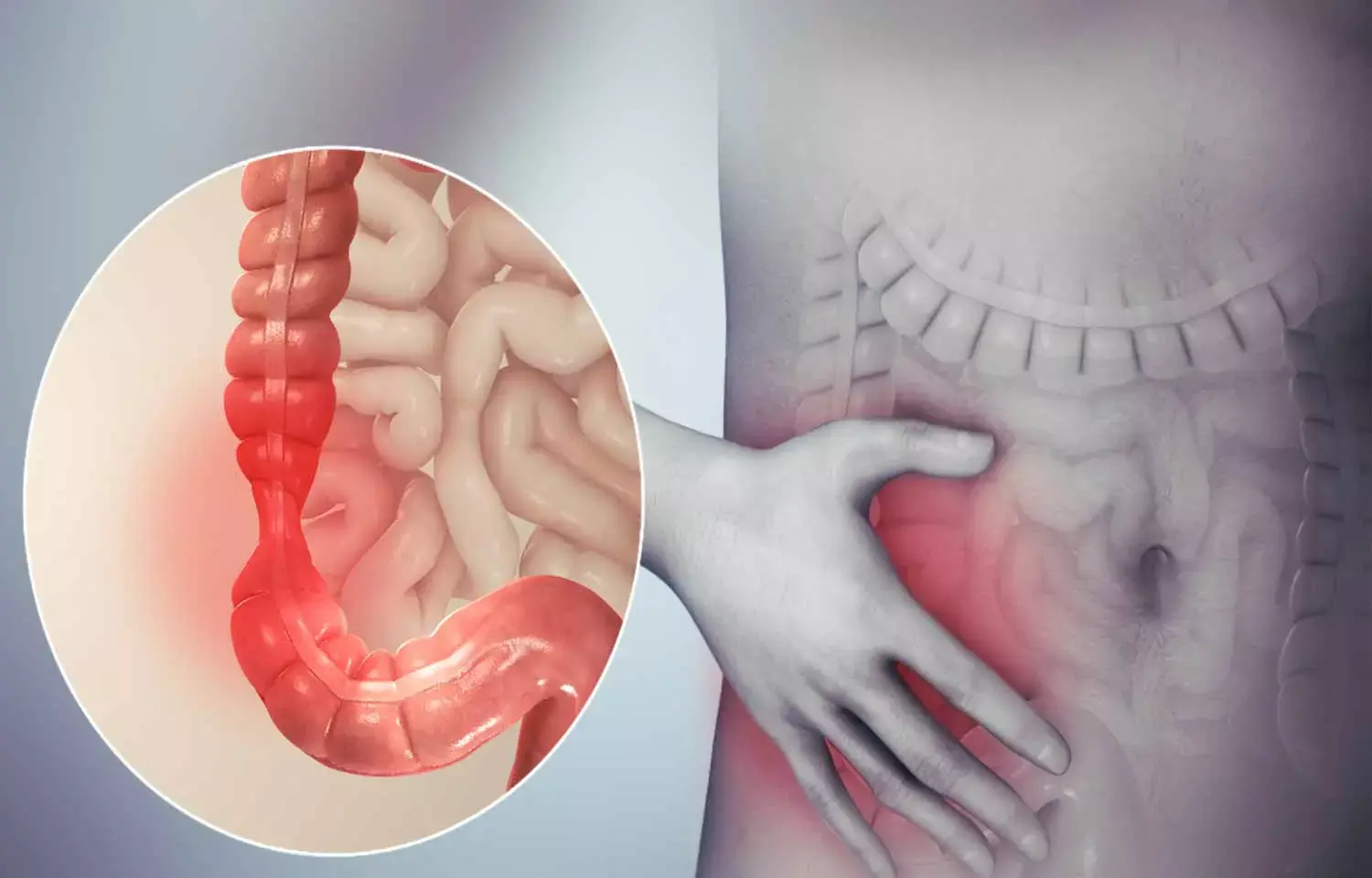- Home
- Medical news & Guidelines
- Anesthesiology
- Cardiology and CTVS
- Critical Care
- Dentistry
- Dermatology
- Diabetes and Endocrinology
- ENT
- Gastroenterology
- Medicine
- Nephrology
- Neurology
- Obstretics-Gynaecology
- Oncology
- Ophthalmology
- Orthopaedics
- Pediatrics-Neonatology
- Psychiatry
- Pulmonology
- Radiology
- Surgery
- Urology
- Laboratory Medicine
- Diet
- Nursing
- Paramedical
- Physiotherapy
- Health news
- Fact Check
- Bone Health Fact Check
- Brain Health Fact Check
- Cancer Related Fact Check
- Child Care Fact Check
- Dental and oral health fact check
- Diabetes and metabolic health fact check
- Diet and Nutrition Fact Check
- Eye and ENT Care Fact Check
- Fitness fact check
- Gut health fact check
- Heart health fact check
- Kidney health fact check
- Medical education fact check
- Men's health fact check
- Respiratory fact check
- Skin and hair care fact check
- Vaccine and Immunization fact check
- Women's health fact check
- AYUSH
- State News
- Andaman and Nicobar Islands
- Andhra Pradesh
- Arunachal Pradesh
- Assam
- Bihar
- Chandigarh
- Chattisgarh
- Dadra and Nagar Haveli
- Daman and Diu
- Delhi
- Goa
- Gujarat
- Haryana
- Himachal Pradesh
- Jammu & Kashmir
- Jharkhand
- Karnataka
- Kerala
- Ladakh
- Lakshadweep
- Madhya Pradesh
- Maharashtra
- Manipur
- Meghalaya
- Mizoram
- Nagaland
- Odisha
- Puducherry
- Punjab
- Rajasthan
- Sikkim
- Tamil Nadu
- Telangana
- Tripura
- Uttar Pradesh
- Uttrakhand
- West Bengal
- Medical Education
- Industry
Study finds mesalazine ineffective against irritable bowel syndrome

Sweden: A recent study published in Alimentary Pharmacology and Therapeutics suggests that mesalazine has little effect on irritable bowel syndrome (IBS) symptoms and mucosal patch technology cannot predict a greater likelihood of responding to mesalazine based on rectal measures of immune activity.
The current definition of irritable bowel syndrome, a functional bowel illness, excludes objective biomarkers and is based on the coexistence of stomach discomfort and changed bowel habits that last for at least six months. In the case of irritable bowel syndrome, low-grade immune activity in the gut represents a possible therapeutic target. Valeria Castro Tejera and colleagues undertook this study in order to ascertain if IBS symptoms improve following mesalazine treatment and the usefulness of measurements of immunological activity in the rectal mucosa.
In this randomized, multicenter study, mesalazine 2400 mg or placebo once daily was used as the therapy for eight weeks in participants with IBS (according to Rome III criteria). The main objective was the overall evaluation of a ≥50% or more improvement in IBS symptoms during the intervention period. The IBS severity score method was also used to quantify IBS symptoms, and mucosal patch technology was used to assess immune function. Mesalazine studies for IBS that were randomized, placebo-controlled, and analyzed post hoc were included.
The key findings of this study were:
1. From the 181 patients that were enrolled, 91 received mesalazine, and 90 received a placebo.
2. 32 (36%) individuals who received mesalazine and 27 (30%) patients who received placebo met the main objective.
3. Regarding the IBS subtype or the development of post-infection symptoms, there were no differences in response rates.
4. The mesalazine group showed a greater decrease in abdominal bloating.
5. The meta-analysis revealed that mesalazine had no impact on IBS symptoms.
6. Mesalazine response could not be predicted using mucosal patch technology, and there were no changes in the effects of the intervention on immunological marker levels.
In conclusion, after 8 weeks of therapy, mesalazine is unsuccessful in relieving IBS symptoms. Measures using mucosal patches are unable to identify immune activity indicators that can forecast a higher likelihood of responding to mesalazine therapy.
Reference:
Castro Tejera, V., Öhman, L., Aabakken, L., Fellström, B., Hausken, T., Hovde, Ø., Hreinsson, J. P., Lindberg, G., & Törnblom, H. (2022). Randomised clinical trial and meta‐analysis: mesalazine treatment in irritable bowel syndrome—effects on gastrointestinal symptoms and rectal biomarkers of immune activity. In Alimentary Pharmacology & Therapeutics (Vol. 56, Issue 6, pp. 968–979). Wiley. https://doi.org/10.1111/apt.17182
Neuroscience Masters graduate
Jacinthlyn Sylvia, a Neuroscience Master's graduate from Chennai has worked extensively in deciphering the neurobiology of cognition and motor control in aging. She also has spread-out exposure to Neurosurgery from her Bachelor’s. She is currently involved in active Neuro-Oncology research. She is an upcoming neuroscientist with a fiery passion for writing. Her news cover at Medical Dialogues feature recent discoveries and updates from the healthcare and biomedical research fields. She can be reached at editorial@medicaldialogues.in
Dr Kamal Kant Kohli-MBBS, DTCD- a chest specialist with more than 30 years of practice and a flair for writing clinical articles, Dr Kamal Kant Kohli joined Medical Dialogues as a Chief Editor of Medical News. Besides writing articles, as an editor, he proofreads and verifies all the medical content published on Medical Dialogues including those coming from journals, studies,medical conferences,guidelines etc. Email: drkohli@medicaldialogues.in. Contact no. 011-43720751


